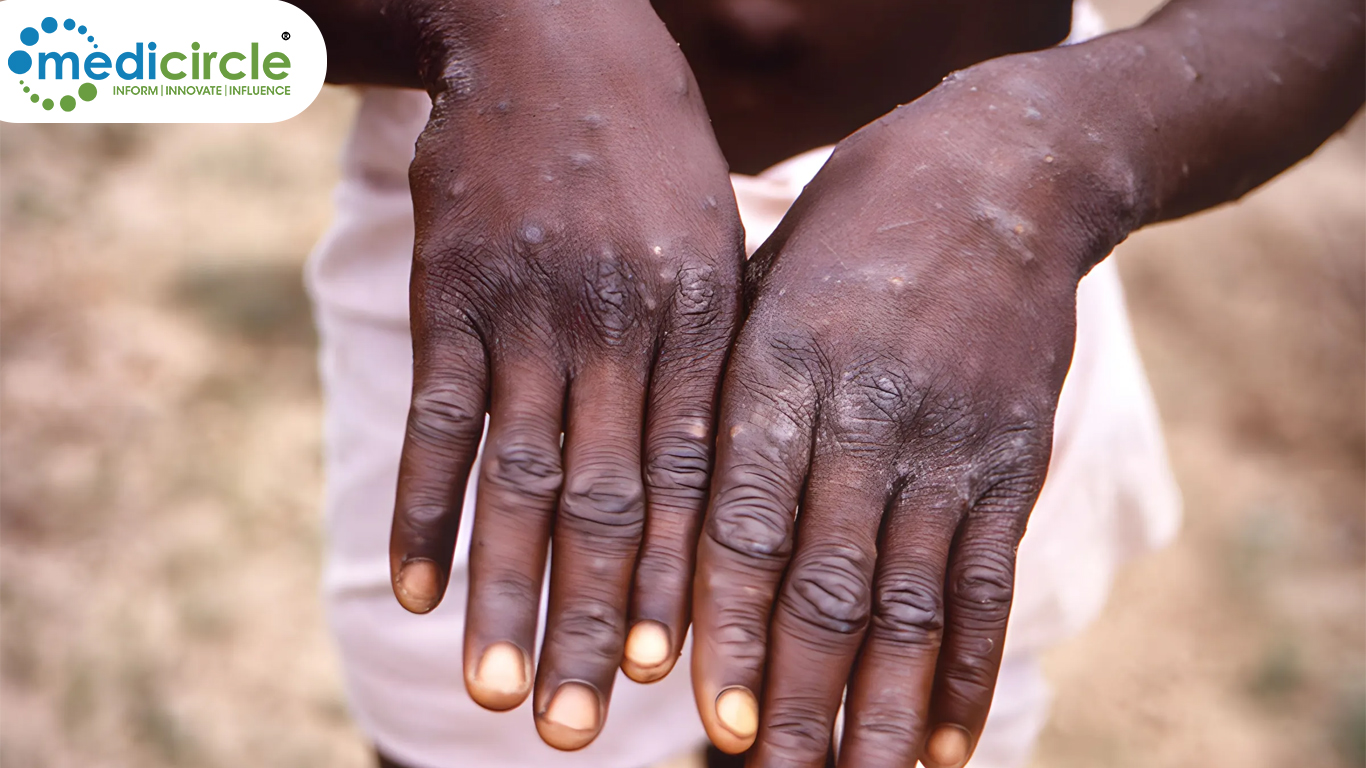Sticking to a healthy lifestyle including not smoking, not being overweight, and exercising regularly, is associated with a longer life expectancy at age 50 free of major diseases such as cancer, cardiovascular diseases, and diabetes, finds a study in The BMJ today.
The number of extra disease-free years is around 7.6 for men and 10 for women, compared with participants with no low risk lifestyle factors.
Across the world people are, on average, living longer. But as populations age, individuals often live with disabilities and chronic diseases like cancer, heart disease, and diabetes.
Lifestyle factors such as smoking, physical activity, alcohol intake, body weight and diet quality affect both overall life expectancy and likelihood of chronic diseases, but few studies have looked at how a combination of lifestyle factors may relate to life expectancy free from such diseases.
To address this evidence gap, researchers analysed data on 73,196 US registered female nurses from the Nurses’ Health Study and 38,366 US male health professionals from the Health Professionals Follow-up Study, who were free of cancer, cardiovascular disease, and diabetes at enrollment.
Five low risk lifestyle factors - never smoking, healthy weight (BMI), at least 30 minutes of daily physical activity, moderate alcohol intake, and a good quality diet - were used to calculate a healthy lifestyle score.
The sum of these five scores together gave a final low risk lifestyle score ranging from 0 to 5, with higher scores indicating a healthier lifestyle.
Participants were assessed regularly over a period of more than 20 years. During this time, new diagnoses and deaths from cancer, cardiovascular disease, and type 2 diabetes were recorded.
After adjusting for age, ethnicity, family medical history, and other potentially influential factors, life expectancy free of cancer, cardiovascular disease, and diabetes at age 50 was 24 years for women who adopted no low risk lifestyle factors, and 34 years for women who adopted four or five low risk factors.
Similarly, life expectancy free of any of these chronic diseases was 24 years among men who adopted no low risk lifestyle factors and 31 years in men who adopted four or five low risk lifestyle factors.
Women with four or five low risk lifestyle factors had 10.6 years’ longer life expectancy free of the major chronic diseases than did women with zero low risk lifestyle factors, while men gained 7.6 years’ longer life expectancy free of major chronic diseases over those with zero low risk lifestyle factors.
Men who smoked heavily (15 or more cigarettes a day) or obese men and women (body mass index of 30 or over) had the lowest proportion (75% or less) of disease-free life expectancy at age 50.
This is an observational study so can’t establish cause, and the authors point to some limitations, such as relying on self reported lifestyle habits and participants being mainly white health professionals so results may not apply more generally.
Nevertheless, the data covered a large number of people with detailed and repeated assessment of lifestyle factors over a long follow-up period.

 Healthy habits can add up to 10 extra years of disease-free life
Healthy habits can add up to 10 extra years of disease-free life






.png)
.png)











.jpeg)

.jpeg)










.jpg)




.jpg)

